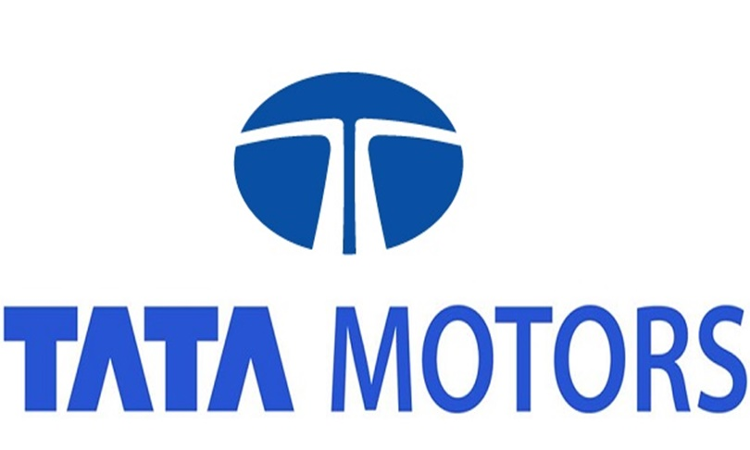Bombay High Court Holds Tata Motors Liable For Unfair Labour Practices, Directs To Compensate 52 Employees
Sharmeen Hakim
9 March 2022 12:54 PM IST

Next Story
9 March 2022 12:54 PM IST
In a dispute that spanned over 17 years, the Bombay High Court has held Tata Motors liable for unfair labour practices under the Industrial Disputes Act 1947 for hiring hundreds of workmen in its manufacturing unit as temporaries to deprive them of the status and privilege of permanent workmen. Justice Ravindra Ghuge directed the automobile major to pay compensation to the 52...
